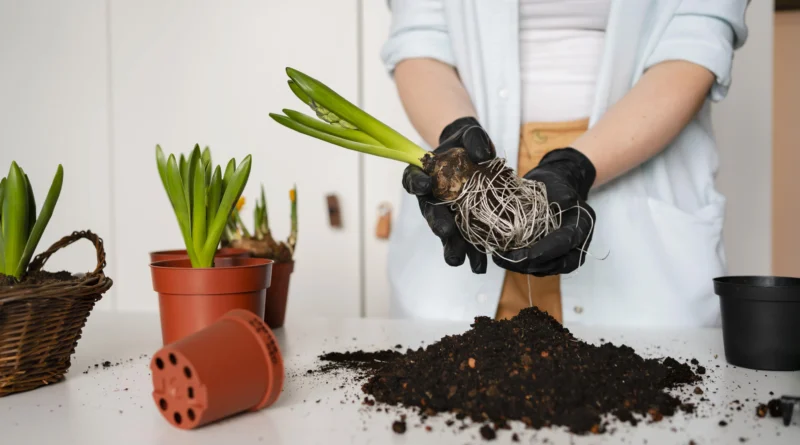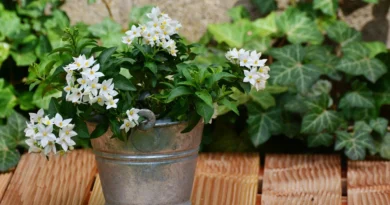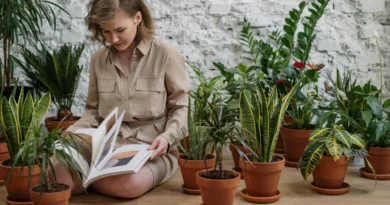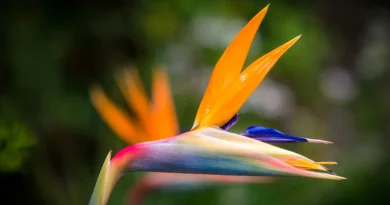Expert Gardeners Share Their Secrets: Top Tips for a Thriving Garden
Table of Contents
ToggleIntroduction
A. Did you know that plants can communicate with each other through a complex system of chemical signals? It’s just one of the many fascinating aspects of the gardening world.
B. In this article, we’re delving into the secret world of expert gardeners who have mastered the art of cultivating a thriving garden.
C. Gardening isn’t just about pretty flowers and fresh vegetables; it’s a journey filled with benefits for your physical and mental well-being. Let’s uncover the secrets that seasoned gardeners swear by.
Getting Started: Essential Tools and Equipment
A. Every gardener needs their arsenal, and it starts with the basics – the spade, trowel, and garden fork for preparing the soil.
B. Investing in quality tools is like giving your garden a VIP treatment. Pruning shears, secateurs, and loppers ensure precision in trimming, while a watering can or hose keeps the garden hydrated.
C. To choose the right tools, consider factors like garden size, plant types, and ergonomics. Reviews and recommendations from experienced gardeners can be your guiding light.
Soil Preparation: The Foundation for a Thriving Garden
A. Soil is the unsung hero of your garden. Its health is paramount for robust plant growth.
B. Dive into the world of soil types – sandy, clay, loamy – each with its unique characteristics that impact your gardening journey.
C. Enhance soil fertility and structure with organic matter, adjust pH levels, and embrace mulching for moisture retention and weed control.
Choosing the Right Plants: Matching Varieties with Garden Conditions
A. Plant selection is an art. Match plants to your garden’s conditions for a harmonious coexistence.
B. Factors like sunlight, soil moisture, and climate play crucial roles. Be a matchmaker for your garden!
C. From shade-loving to cold-hardy varieties, explore recommendations that thrive in specific conditions.
Watering and Irrigation: Keeping Plants Hydrated and Healthy
A. Water, the elixir of life for plants! Master the art of watering for a flourishing garden.
B. Hand watering, drip systems, and sprinklers – choose wisely. Frequency and amount matter, so align them with plant type, weather, and soil moisture.
C. In the era of eco-consciousness, emphasize water conservation and sustainable gardening practices.
Pest and Disease Management: Protecting Plants from Harmful Threats
A. Gardens aren’t immune to pests and diseases. Get ahead with prevention and early detection strategies.
B. Regular inspection, natural pest control, and maintaining cleanliness form the frontline defense.
C. Unveil integrated pest management techniques for effective control without harming the ecosystem.
Cultivating a Community: Share Your Green Wisdom
Joining the gardening community is like planting seeds of knowledge that bloom into a vibrant tapestry of shared experiences. Connect with fellow enthusiasts, whether through local gardening clubs, online forums, or social media groups. Share your triumphs, seek advice for challenges, and celebrate the beauty of growth together.
Embracing the Seasons: A Gardener’s Year-Round Journey
Gardening is a dynamic, year-round endeavor. Each season brings its own tasks and delights. From the blossoms of spring to the crisp air of fall, learn to adapt your gardening techniques to the changing climate. Embrace the cycles of nature, and witness the continuous evolution of your green sanctuary.
Beyond the Backyard: Container Gardening and Small Spaces
Not everyone has acres of land, but that shouldn’t deter you from cultivating a thriving garden. Explore the world of container gardening, balcony greenery, and small-space cultivation. Unleash your creativity with potted plants, vertical gardens, and hanging arrangements to transform any space into a lush haven.
The Art of Patience: Gardening as a Meditative Practice
Gardening goes beyond the physical act of tending to plants; it’s a meditative journey. Engage your senses in the rustling leaves, the earthy scent of soil, and the vibrant hues of blooming flowers. Allow the rhythm of nature to slow your pace, offering a therapeutic escape from the hustle and bustle of daily life.
Sustainable Gardening: A Pledge to Mother Earth
As stewards of the environment, gardeners play a pivotal role in sustainable practices. From water conservation to minimizing chemical inputs, every small action contributes to a greener planet. Be mindful of your ecological footprint, and let your garden be a testament to the beauty of harmony between humanity and nature.
Closing Thoughts
In the intricate dance between soil, sunlight, water, and care, a garden becomes a living masterpiece. As you embark on this horticultural journey armed with expert tips and a friendly spirit, remember that every leaf, petal, and harvest is a testament to your dedication.
May your garden be not just a collection of plants but a sanctuary of growth, resilience, and joy. Embrace the beauty of the ever-changing canvas that is your garden, and may it bring you endless satisfaction, serenity, and a profound connection to the natural world. Happy gardening!
FAQ
Q1: How often should I water my plants?
A1: The watering frequency depends on various factors, including plant type, weather conditions, and soil moisture levels. Generally, it’s essential to strike a balance – not too much, not too little. Monitor your plants and adjust accordingly.
Q2: What’s the significance of mulching in gardening?
A2: Mulching serves multiple purposes. It retains moisture in the soil, suppresses weed growth, and regulates soil temperature. It’s like a protective blanket for your garden, promoting a conducive environment for plant growth.
Q3: How do I identify and deal with common pests?
A3: Regularly inspect your plants for any signs of pests. Embrace natural pest control methods like introducing beneficial insects, using neem oil, or making DIY solutions with household items. Early detection and prevention are key.
Q4: Can I use synthetic fertilizers, or is organic the only way?
A4: Both synthetic and organic fertilizers have their merits. Synthetic fertilizers provide a quick nutrient boost, while organic options contribute to long-term soil health. The choice depends on your preferences and gardening goals.
Q5: When is the right time to harvest fruits and vegetables?
A5: Timing is crucial for a bountiful harvest. Pay attention to the specific signs of readiness for each crop. For instance, tomatoes should be plump and have vibrant color, while root vegetables are best harvested when they reach the desired size.
Q6: How do I create a sustainable garden?
A6: Sustainability in gardening involves water conservation, responsible pest management, and soil health. Adopt eco-friendly practices, such as composting, using native plants, and minimizing chemical inputs, to create a garden that thrives harmoniously with nature.




